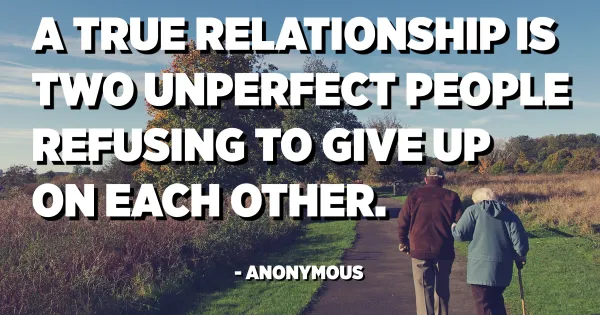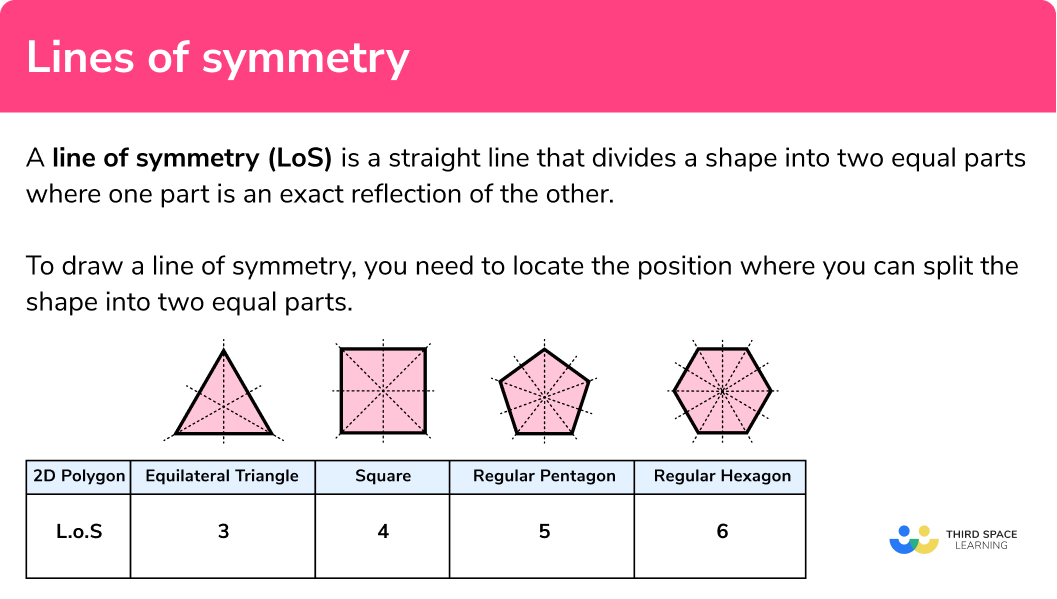In the fast-paced world we live in, the phrase “learn to sit back and observe, not everything needs – tymoff” resonates deeply. In this article, we will delve into the significance of adopting a patient and observant approach in navigating the complexities of life. From understanding the essence of the quote to practical tips on cultivating patience, we’ll explore how this mindset can lead to a more fulfilled and balanced existence.
The Wisdom in Stillness: Deciphering “Learn to Sit Back and Observe”
Life often unfolds in unpredictable ways, and in our pursuit of success, happiness, or fulfillment, we might find ourselves caught up in the whirlwind of activity. “Learn to sit back and observe” encourages us to pause, take a step back, and absorb the richness of the moment. It is an invitation to cultivate the art of mindfulness and the wisdom of patience.
Observation is not passive; it’s an active engagement with the present. By honing this skill, we can gain deeper insights into ourselves, others, and the world around us. This article will explore the profound implications of this advice and provide practical guidance on how to incorporate it into our lives.

FAQ:
Q1: Why is observation important in our lives?
Observation is the key to understanding. By taking the time to observe, we open ourselves up to a wealth of information and insights. It allows us to make informed decisions, build meaningful connections, and appreciate the beauty that often goes unnoticed in the hustle and bustle of daily life.
Q2: How can one cultivate the habit of observation?
Cultivating the habit of observation requires conscious effort. Start by setting aside dedicated time for reflection, whether through meditation, journaling, or simply taking a quiet walk. Practice active listening in conversations, pay attention to details, and embrace a curious mindset. Over time, these habits will become ingrained, enhancing your ability to observe.
Q3: Is there a balance between observation and action?
Absolutely. Observation doesn’t negate action; rather, it informs it. There is a delicate balance between actively engaging with life and taking a step back to observe. By finding this equilibrium, we can make more intentional and meaningful choices, avoiding impulsive reactions and fostering a sense of purpose in our actions.
Q4: Can anyone learn to be more patient and observant?
Yes, patience and observation are skills that can be developed with practice. Like any skill, it requires consistency and a willingness to embrace the learning process. Start small, be patient with yourself, and celebrate the progress you make. Over time, you’ll find that the ability to sit back and observe becomes a natural part of your approach to life.
In a world that often demands constant action, the ability to “learn to sit back and observe” offers a refreshing perspective. By incorporating this mindset into our lives, we can unlock a deeper understanding of ourselves and the world, leading to a more intentional and fulfilling existence.




